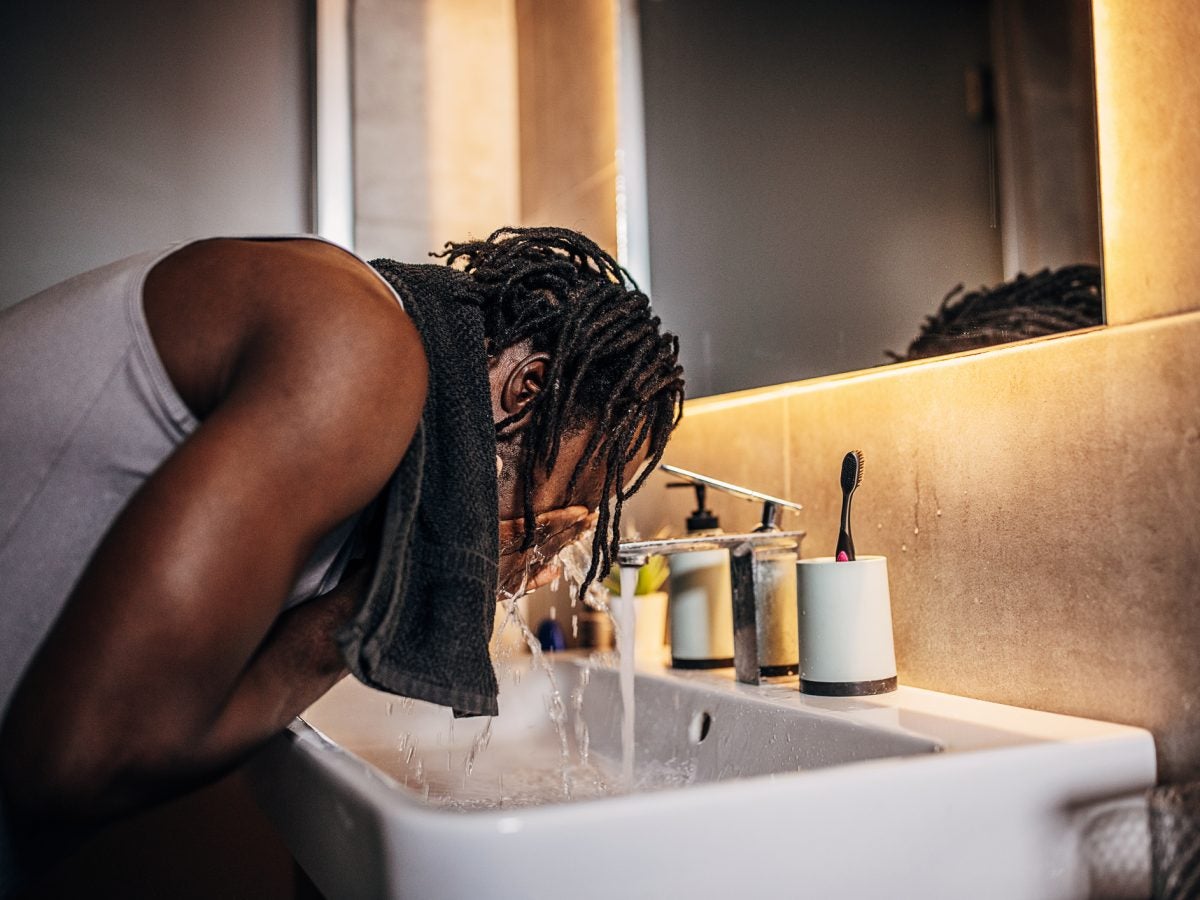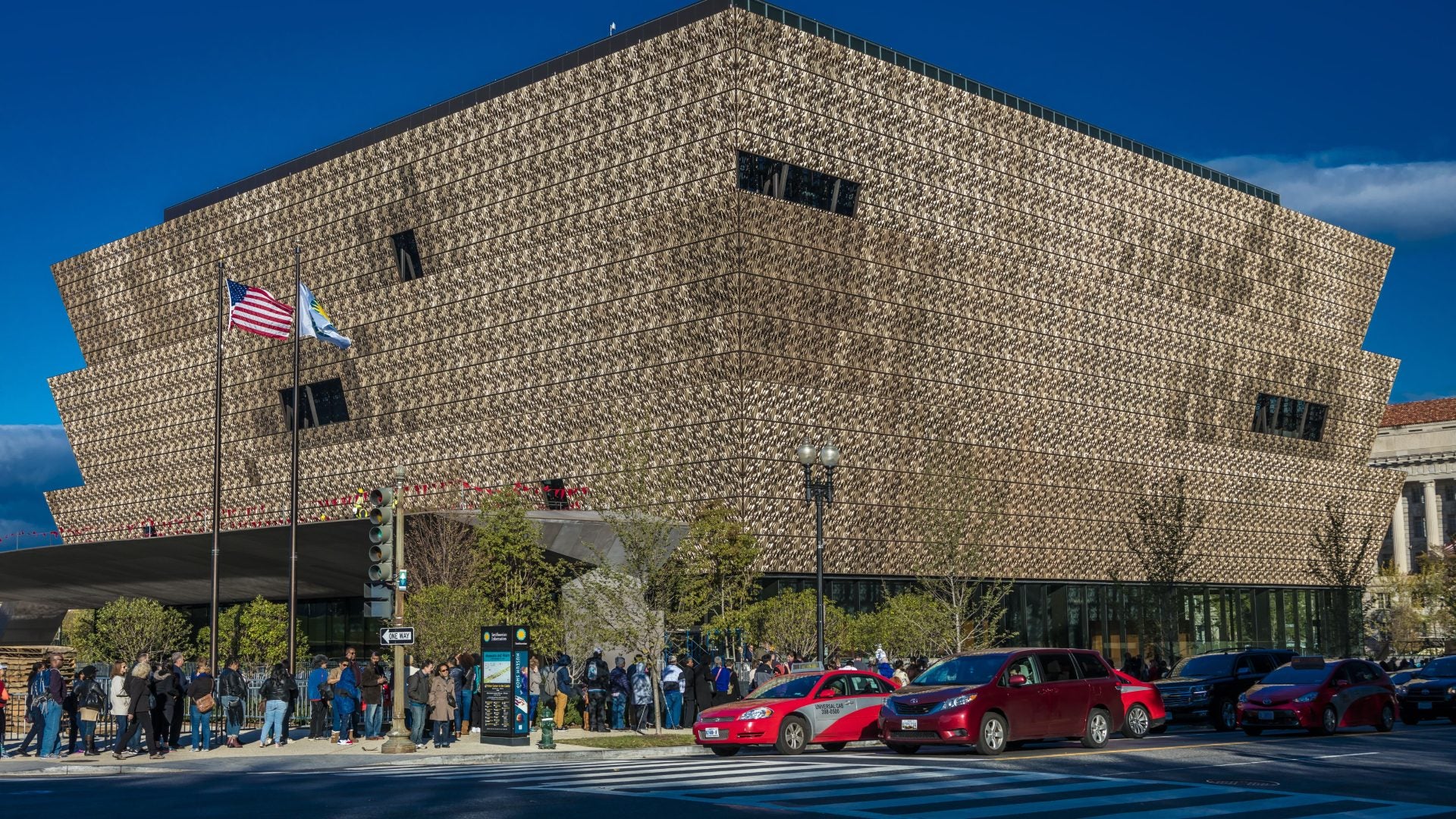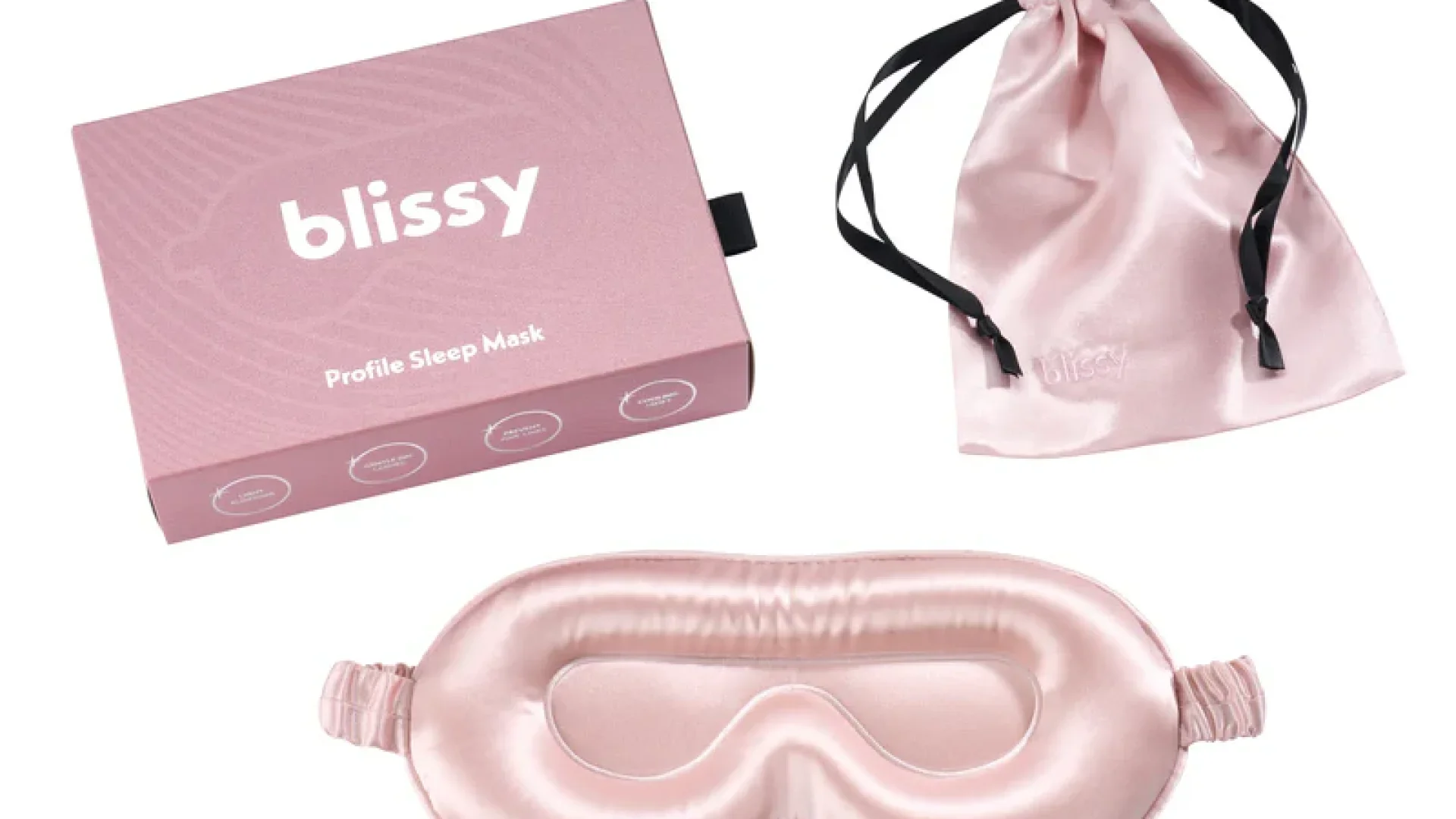
A recent video of a man preparing for his day—complete with an ice face bath with spring water, meticulous skin care applications, mouth tape and more —has racked up millions of views on Instagram and TikTok. In the now-viral clip, he moves through each step with methodical precision, set against music and softly lit product shots. It’s the kind of content that makes you want to upgrade your body wash immediately. But while these aesthetic self-care rituals are trending across social media, they may also be quietly draining your wallet.
Multi-step beauty routines, often featuring luxury products and influencer-backed regimens, have become a staple of digital self-care culture—especially among Black women seeking rest, indulgence, and control in chaotic times. But dermatologists and financial wellness experts are raising flags about the growing pressure to “invest” in increasingly elaborate routines. Though rooted in self-love, these trends can blur the line between care and consumerism. As the soft-life era evolves, ESSENCE takes a closer look at how these routines serve our well-being—and what they may be costing us in the long run.
The Numbers
Black Americans have consistently demonstrated significant spending in the beauty industry. In 2023, we spent approximately $9.4 billion on beauty products, with notable expenditures in categories such as fragrances and hair care. This trend continued into 2024, with beauty product spending reaching $10.2 billion, reflecting the community’s growing influence in the market.
On an individual level, Black consumers’ spending patterns reveal a preference for online shopping. They spent an average of $370 per year online compared to $313 in-store, underscoring the importance of e-commerce platforms in reaching this demographic.
Despite representing approximately 12.4% of the U.S. population, Black consumers are responsible for 11.1% of total beauty spending.
The Potential Pitfalls
Although beauty spending is significant across various demographics, Black American overspending can be particularly detrimental since the group is greatly impacted by the racial wealth gap.
As of 2022, the median net worth of Black households was $44,900, which is approximately 15.8% of the median net worth of White households at $285,000. This gap has shown little improvement over the past three decades. In 1992, the Black-White median wealth gap was 86%, and by 2022, it remained virtually unchanged at 85%. Most recently, Equal Pay Day arrived two weeks later this year (March 25) than last year (March 12) which means it took longer for minorities to reach pay parity with non-minority white males.
With that, it may not be in the best interest of most citizens to be inundated with viral videos of creators doing elaborate beauty routines that include multiple products and tools. Even on the cheaper side, those consistent small purchases can quickly add up.
Some online users recognize the financial pitfalls of being overly influenced by beauty creators. Deinfluencing content has risen on TikTok, with millions of posts under the hashtag featuring tips on avoiding overconsumption.
A recent post from user Your Peaceoge encourages users to refrain from buying the latest trendy item, including products that influencers include in their daily beauty regimen.
“You’re not going to want to hear this, but I don’t care. So I’m going to be deinfluencing you in 20 seconds or less,” she says. “You can go to bed in an old T-shirt and shorts. You do not need to be spending over $100 on a luxury pajama set. Traveling often over the span of a year is actually not as normal as social media has made it seem. So you should not feel bad because you can’t afford to take five trips every single year. Weekly or monthly clothing hauls are not normal. Spending over $300 on a single shopping trip is not normal, and you should not feel bad because you can’t. “Do the more than one reusable water bottle. The concept of reusable water bottles are that you can reuse them. Why do you need six? I actually hope this video ruffled some feathers and deinfluence you in one way or another.”
I can’t help but agree.






